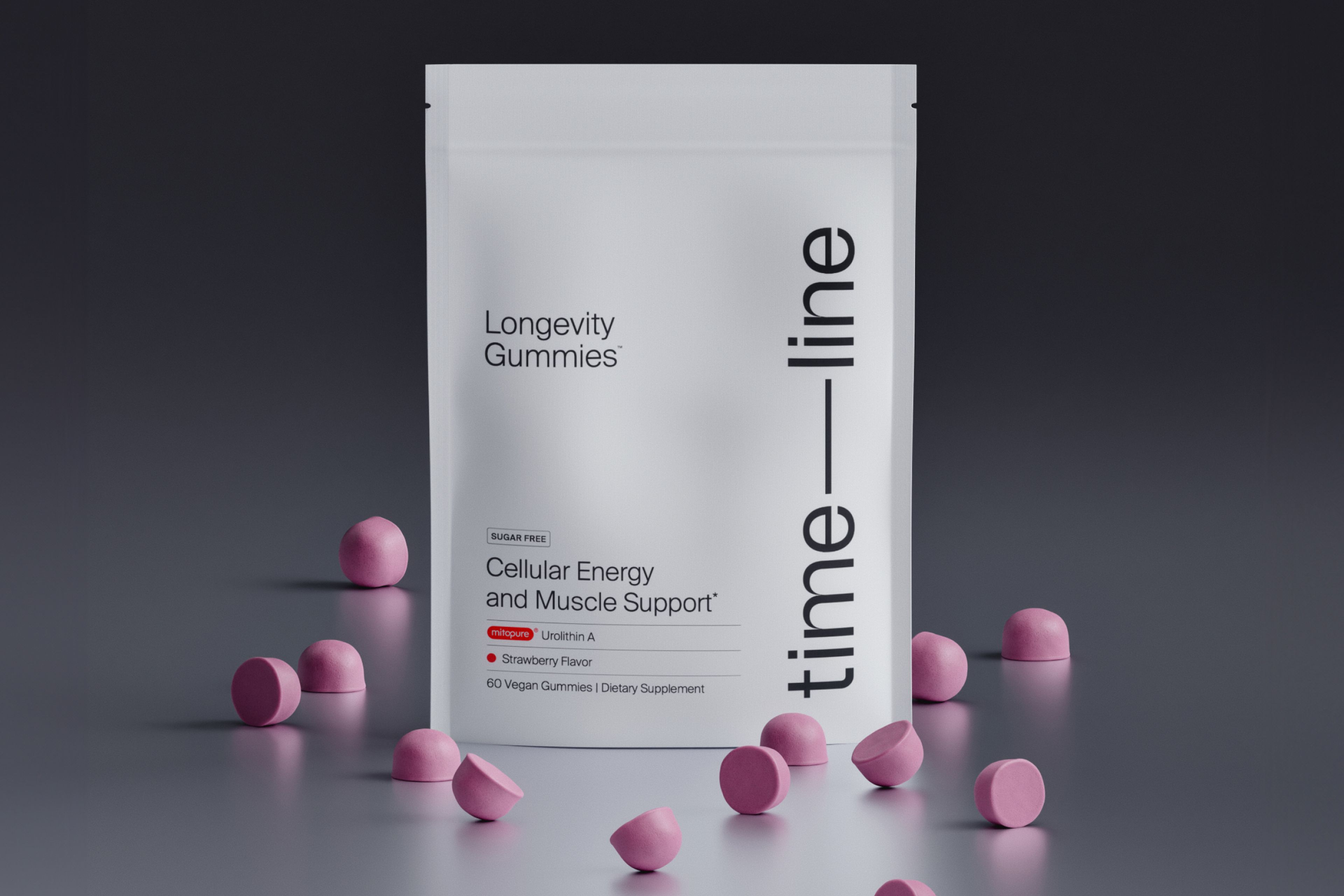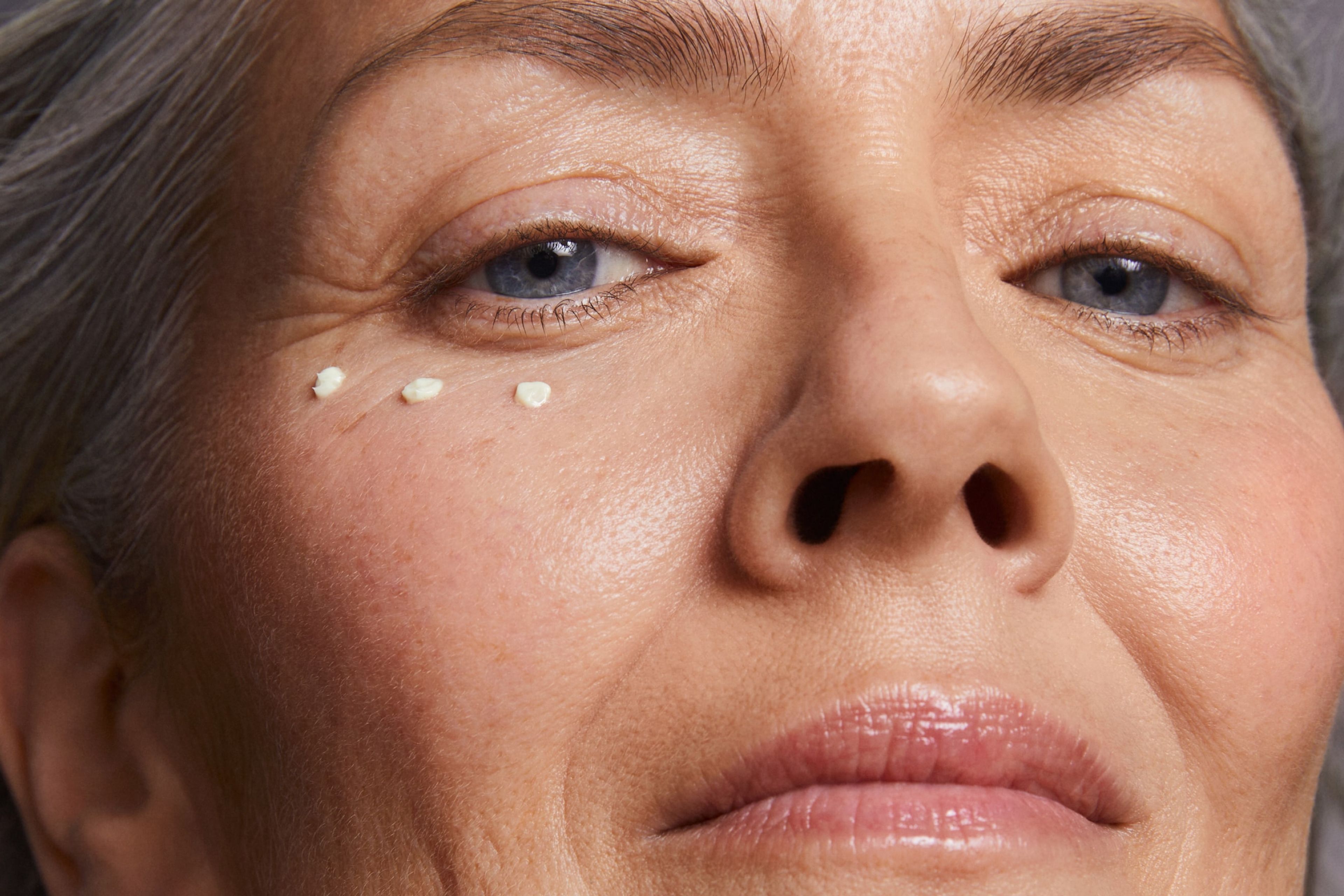Protect your skin microbiome; optimize your skin health
Did you know your skin has a microbiome? Find out how to protect its delicate balance to optimize your skin’s appearance and overall health.
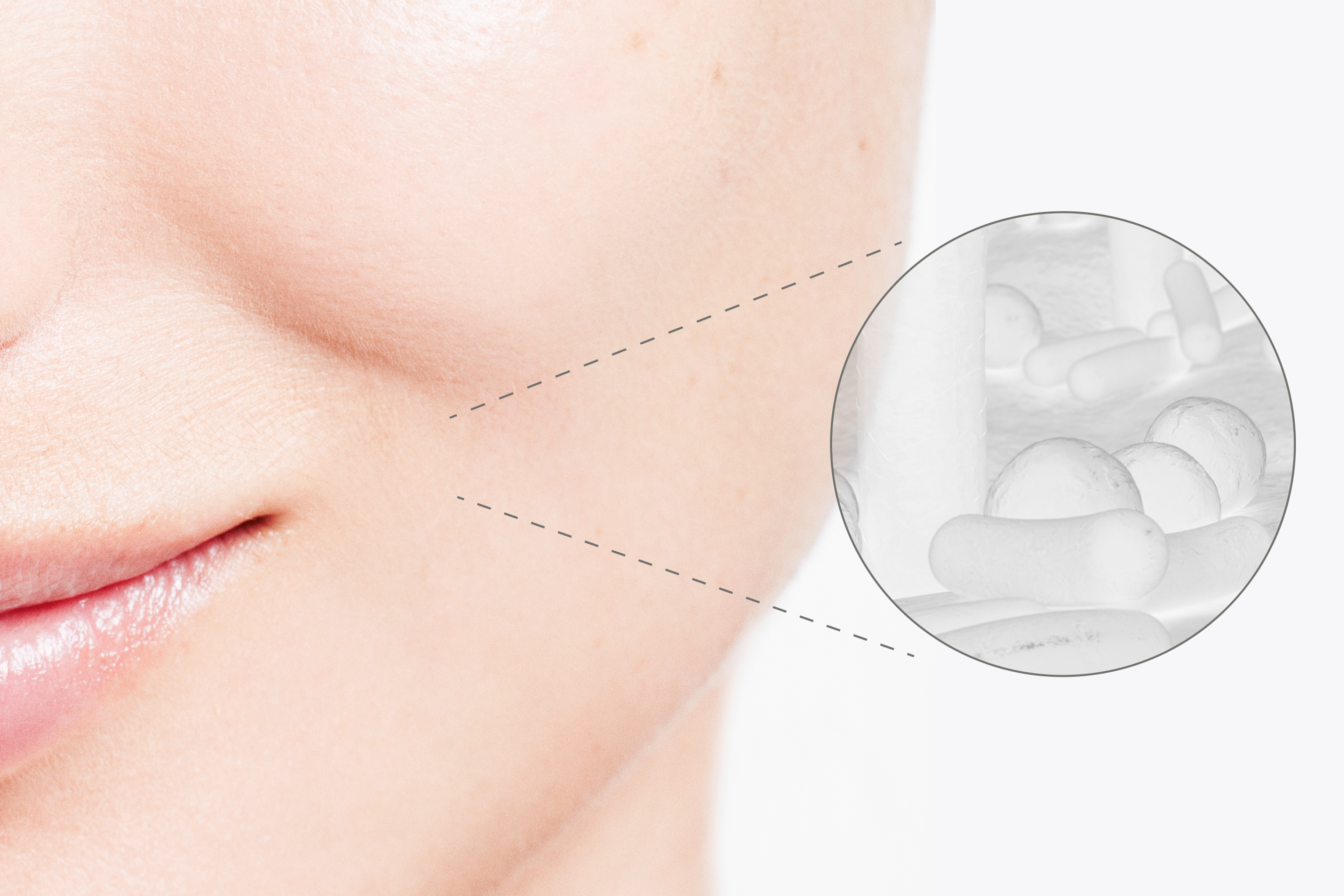
What to know
Your skin microbiome is the cornerstone of your skin’s health and appearance
Disruptions and imbalances in the microbiome can result in skin and health conditions
Caring for your skin microbiome is caring for your skin and your overall health
Maintaining a healthy lifestyle helps maintain a healthy skin and gut microbiome
Simplifying your skincare regimen can help support a healthy skin microbiome
Your skin microbiome is the cornerstone of healthy skin
You may have heard of the microbiome in your gut, but did you know your skin has a microbiome too? Scientists maintain that protecting the delicate balance of your skin microbiome is important for your skin’s appearance and overall health. Don’t worry; microbiome skin care won’t add steps to your skincare regimen. It may actually simplify it. Read on to learn more about the microbiome and get tips on protecting the skin microbiome, your skin’s health and appearance, and your overall health.
About the microbiome
The microbiome is the community of trillions of microbes (bacteria, fungi, viruses) that naturally live inside (gut, mouth, and nose) and on our bodies (skin).[1] Scientists estimate that these microbes are even more plentiful than the cells in our bodies.[2] Given their sheer number, it’s hardly surprising that these microscopic colonies affect virtually every dimension of our health and even how we age.[3]
The relationship between our microbiomes and our health is complex and not fully understood. Think of the microbiome as a diverse, living ecosystem with a delicate balance that needs to be maintained for optimal health. We know that our microbiome helps protect us against pathogens, supports our immune system, and enables digestion. [4]
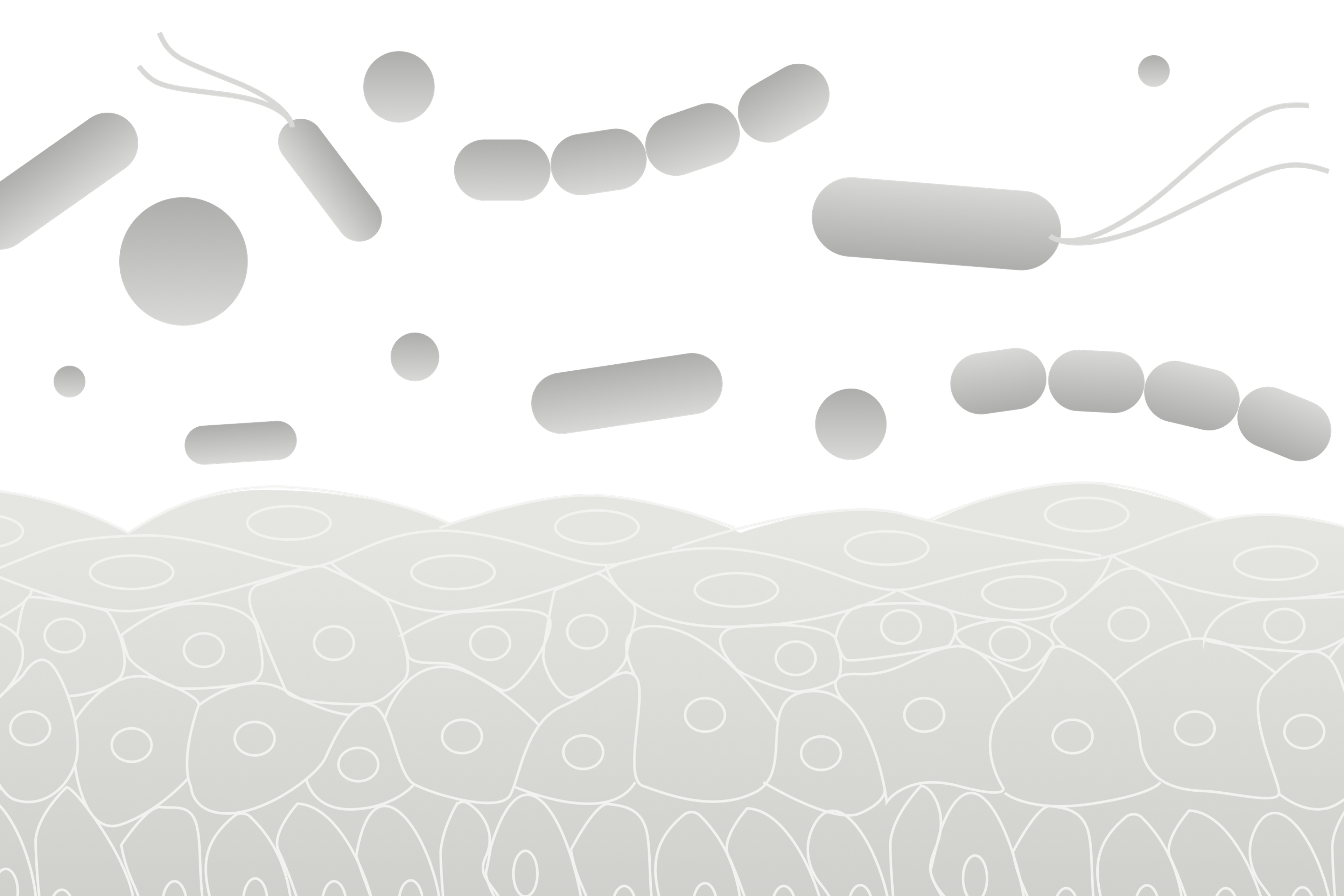
Representation of the skin microbiome
The skin microbiome
The skin is the body’s largest organ, and its many nooks and crannies serve as diverse habitats for the microbes of the skin microbiome.[5] As your body’s protective barrier from the environment, the skin and its microbiome protect you from toxins, pathogenic organisms, and daily physical stresses.[7] Microbes in your skin are thought to alert your immune system (T cells) to respond to harmful pathogens to help prevent infection, promote wound healing, and activate or deactivate inflammation in the skin[6].
Microbiome stability and imbalance (dysbiosis)
Microbial colonization occurs immediately after birth and stabilizes in the first years of life. As you might imagine, gender-related variations (hormones, sweat, and physiological differences) also come into play. Climate and geography also impact the skin’s flora/bacteria.[8]
Environmental factors such as UV light, air pollution, cigarette smoke, and internal factors such as an unbalanced diet and certain medications (antibiotics) can disrupt the balance of your gut and skin microbiome.[9]
Disruptions and imbalances (dysbiosis) in the microbiome are associated with various conditions and diseases, including infections, altered immune response, allergies, diabetes, obesity, inflammatory bowel disease, cardiovascular disease, respiratory conditions (asthma), skin diseases (atopic dermatitis, psoriasis, rosacea, acne) and skin cancer, as well as neurological disorders like (ADHD, depression, Alzheimer's, Parkinson’s, and more.[10], What’s unclear in many cases is whether these imbalances and disruptions are the causes or effects. More research is needed, but the links between the microbiome, the environment, and human health are indisputable.
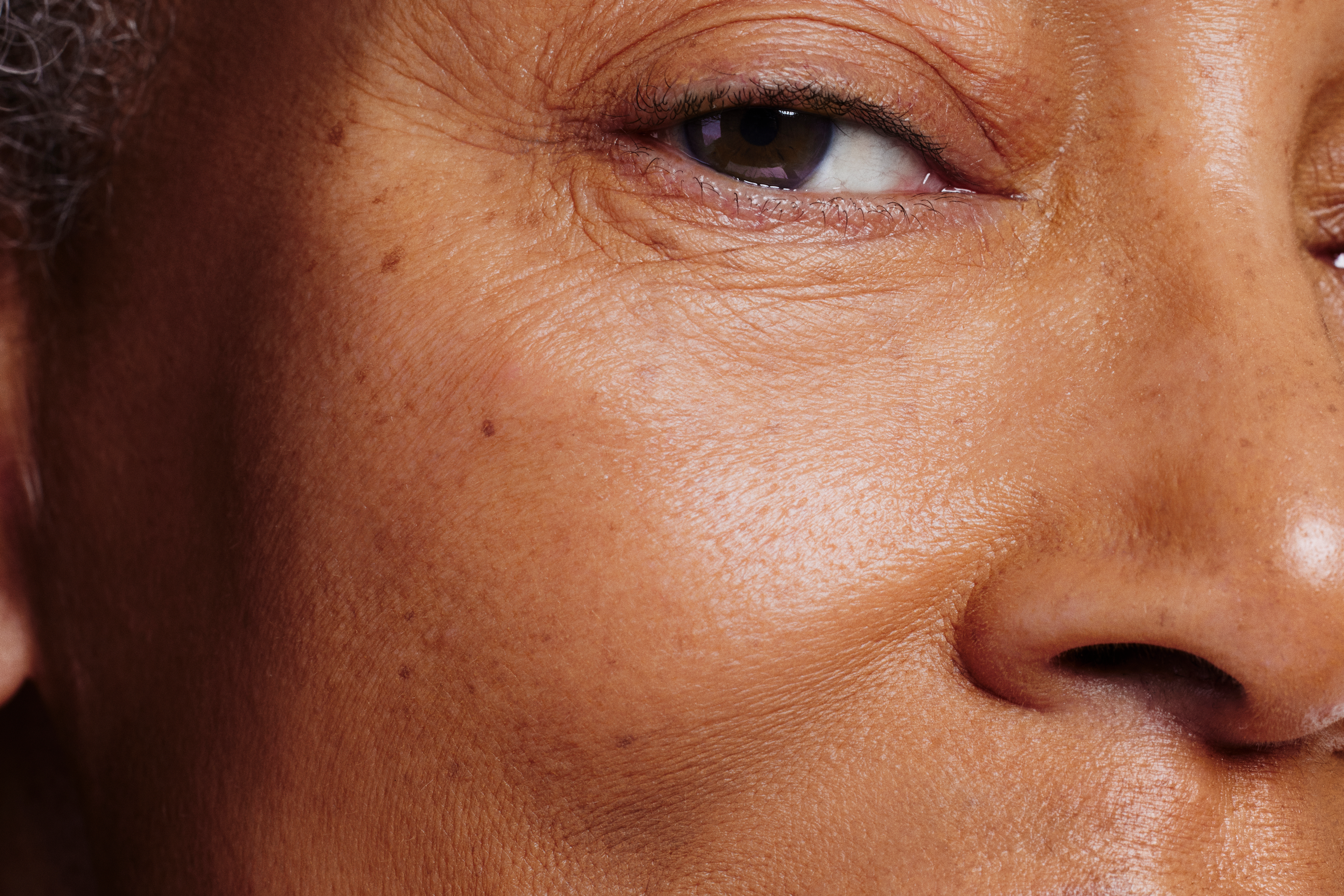
Skin microbiome and skin aging
Skin microbiome and skin aging
While it’s well-known that changes in the skin microbiome are associated with the skin aging process, exactly how these changes occur and their exact functions are not yet fully understood.[11] It’s hypothesized that the skin microbiome is a key regulator of the skin-aging process by controlling the immune response, resistance to ultraviolet light, biosynthesis, and the metabolism of age-related substances.[12]
Skin aging is influenced by the interplay of internal, external, and lifestyle (exercise, stress level, sleep, diet, and skincare practices) factors.[13]
Supporting your skin’s healthy microbiome (and your gut microbiome) is easier than you might think. It starts with maintaining a healthy lifestyle.
Tips for maintaining a healthy skin microbiome
Fortunately, many tips for maintaining a healthy skin microbiome overlap with tips for living a healthy life. You may think, “That’s great, but I bet it will add steps to my skincare.” Nope, there’s more good news: it may simplify your skincare routine by eliminating some steps and harsh cosmetic and skincare products. The more complex your skincare routine is, the more chemicals that interact with your skin. Skin becomes stressed, microbiome imbalances develop, and skin sensitivity and other issues compound.
Dermatologists maintain that some skin issues people are trying to address with their skincare routines may be causing them. For instance, many with oily skin rely on drying alcohol toners for their “degreasing effect.” Unfortunately, these harsh, drying toners damage the microbiome and the skin’s barrier. There are “good” hydrating alcohols and “bad” drying alcohols.[14]Make sure you check the ingredients of your skincare products.
Probiotic and prebiotic products are trending, but clinical evidence is limited, and more research is needed. [16]While natural soaps and probiotic/prebiotic skincare seem like smart choices, dermatologists caution that they can do more harm than good as they can throw off the skin microbiomes' natural balance.[15]
There is even some evidence to suggest that retinol [18]and alpha hydroxy acids[17] likely alter the skin microbiome as well. It is unclear if these changes are positive or negative, so more research needs to be done to fully understand the impact of these molecules on the microbes on our skin.
When in doubt, keep it simple and consult your dermatologist or healthcare professional.
Healthy habits for a healthy skin microbiome
Taking care of your skin and the microbiome is a holistic affair that goes beyond just topical treatments; it encompasses diet, lifestyle, and environmental concerns.
- Be sun-smart: Wear protective clothing and hats and use sunblock or sunscreen. In addition to sun damage being a known cause of skin cancer and skin aging, there is research to suggest that sun exposure may impact the diversity and composition of the skin microbiota, which may have downstream effects on skin health.[19]
- Eat a healthy, balanced diet: Consume more veggies, fruits, probiotic foods (yogurt, pickled veggies), less fat, less sugar, and less processed foods.
- Get plenty of physical activity: Exercise regularly to optimize your overall health and mental health, your microbiomes.
- Sleep well: Getting quality sleep is essential to your health and may improve your microbiomes.[20]
- Simplify your skincare regimen: Choose gentle products with minimal ingredients.[21]
- Avoid cigarette smoke and air pollution: They disrupt your skin microbiome, damage your skin, and put you at a much greater risk of disease.[22]
Keep it simple. Less is more when it comes to skincare.
Check the ingredients of your skincare products and cosmetics—simple but effective ingredients are best!
- Use the Yuka app to determine if your products are risk-free, low-risk, moderate-risk, or hazardous to your health.
- Avoid drying alcohols: SD alcohol, denatured alcohol, ethyl alcohol, isopropyl alcohol.
- Look for hydrating alcohols: cetyl, stearyl, and cetearyl alcohol.
Opt out of using:
- Antibacterial cleansers and harsh exfoliation treatments kill the good microbes, weaken the skin barrier, and strip the skin of natural oils.[23]
- Natural soaps typically have high pHs that disrupt the skin’s natural low pH, leaving it susceptible to pathogenic bacteria.
- Keep your skincare routine simple with products that support your skin health.
Timeline Skin Day Cream (winner of the 2023 Health & Wellbeing Award), Night Cream, and Serum with Mitopure® are clinically proven to support your skin’s health.
- Yuka ratings of 93%/excellent/risk-free
- No added fragrances or dyes
- Dermatologically tested irritant-free
- 80%-88% naturally sourced ingredients

The Day Cream
4.6 · 91 reviews
Redensifies the skin's appearance. Powered by Mitopure®
A healthy lifestyle and streamlined skincare can help you thrive
Now you know about the importance of a healthy skin microbiome and what you can do to support it. It all starts with a healthy lifestyle and a simple skincare regimen to optimize your overall health, well-being, skin health, and appearance. The skin microbiome is an exciting area of research, with new studies coming out regularly. Stay tuned as we keep you posted about the mysteries of our skin microbiome.
Authors

Written by
Editorial Staff

Reviewed by
Lead Regulatory Affairs & Scientific Manager Alliances at Timeline
References
- ↑
National Institute of Environmental Health Sciences. Microbiome. National Institute of Environmental Health Sciences. Published April 5, 2022. https://www.niehs.nih.gov/health/topics/science/microbiome/index.cfm
- ↑
Sender R, Fuchs S, Milo R. Revised Estimates for the Number of Human and Bacteria Cells in the Body. PLOS Biology. 2016;14(8):e1002533. doi:https://doi.org/10.1371/journal.pbio.1002533
- ↑
Larson, P.J., Zhou, W., Santiago, A. et al. Associations of the skin, oral and gut microbiome with aging, frailty and infection risk reservoirs in older adults. Nat Aging. 2022; (2): 941–955
- ↑
Requena T, Velasco M. The human microbiome in sickness and in health. Rev Clin Esp (Barc). 2021 Apr;221(4):233-240. doi: 10.1016/j.rceng.2019.07.018. Epub 2020 Jan 25. PMID: 33998505.
- ↑
Grice EA, Segre JA. The skin microbiome. Nature Reviews Microbiology. 2011;9(4):244-253. doi:https://doi.org/10.1038/nrmicro2537
- ↑
Flowers L, Grice E. The Skin Microbiota: Balancing Risk and Reward. Cell Host & Microbe. 2020;28(2):190-200. doi:https://doi.org/10.1016/j.chom.2020.06.017
- ↑
- Grice EA, Segre JA. The skin microbiome. Nature Reviews Microbiology. 2011;9(4):244-253. doi:https://doi.org/10.1038/nrmicro2
- ↑
Bocheva G, Slominski RM, Slominski AT. Environmental Air Pollutants Affecting Skin Functions with Systemic Implications. Int J Mol Sci. 2023;24(13):10502. doi:https://doi.org/10.3390/ijms241310502
- ↑
Bocheva G, Slominski RM, Slominski AT. Environmental Air Pollutants Affecting Skin Functions with Systemic Implications. Int J Mol Sci. 2023;24(13):10502. doi:https://doi.org/10.3390/ijms241310502
- ↑
Vijay A, Valdes AM. Role of the gut microbiome in chronic diseases: a narrative review. Eur J Clin Nutr. 2022; (76): 489–501.https://doi.org/10.1038/s41430-021-00991-6 (https://doi.org/10.1038/s41430-021-00991-6)
- ↑
Li, Z. et al. New insights into the skin microbial communities and skin aging. Front Microbiol. 2020;11: 565549. https://www.frontiersin.org/articles/10.3389/fmicb.2020.565549/full
- ↑
Li, Z. et al. New insights into the skin microbial communities and skin aging. Front Microbiol. 2020;11: 565549. https://www.frontiersin.org/articles/10.3389/fmicb.2020.565549/full
- ↑
10. Ratanapokasatit Y, Laisuan W, Rattananukrom T, Petchlorlian A, Thaipisuttikul I, Sompornrattanaphan M. How Microbiomes Affect Skin Aging: The Updated Evidence and Current Perspectives. Life (Basel). 2022;12(7):936. Published 2022 Jun 22. doi:10.3390/life12070936
- ↑
- Willmott T, Campbell PM, Griffiths CEM, O'Connor C, Bell M, Watson REB, McBain AJ, Langton AK. Behaviour and sun exposure in holidaymakers alters skin microbiota composition and diversity. Front Aging. 2023 Aug 8;4:1217635. doi: 10.3389/fragi.2023.1217635. PMID: 37614517; PMCID: PMC10442491.Shao L, Jiang S, Li Y, Shi Y, Wang M, Liu T, Yang S, Ma L. Regular Late Bedtime Significantly Affects the Skin Physiological Characteristics and Skin Bacterial Microbiome. Clin Cosmet Investig Dermatol. 2022 Jun 7;15:1051-1063. doi: 10.2147/CCID.S364542. PMID: 35698548; PMCID: PMC9188400.
- ↑
- Willmott T, Campbell PM, Griffiths CEM, O'Connor C, Bell M, Watson REB, McBain AJ, Langton AK. Behaviour and sun exposure in holidaymakers alters skin microbiota composition and diversity. Front Aging. 2023 Aug 8;4:1217635. doi: 10.3389/fragi.2023.1217635. PMID: 37614517; PMCID: PMC10442491.Shao L, Jiang S, Li Y, Shi Y, Wang M, Liu T, Yang S, Ma L. Regular Late Bedtime Significantly Affects the Skin Physiological Characteristics and Skin Bacterial Microbiome. Clin Cosmet Investig Dermatol. 2022 Jun 7;15:1051-1063. doi: 10.2147/CCID.S364542. PMID: 35698548; PMCID: PMC9188400.
- ↑
Ratanapokasatit Y, Laisuan W, Rattananukrom T, Petchlorlian A, Thaipisuttikul I, Sompornrattanaphan M. How Microbiomes Affect Skin Aging: The Updated Evidence and Current Perspectives. Life (Basel). 2022;12(7):936. Published 2022 Jun 22. doi:10.3390/life12070936
- ↑
Tang, Sheau-Chung, and Jen-Hung Yang. “Dual Effects of Alpha-Hydroxy Acids on the Skin.” Molecules (Basel, Switzerland) vol. 23,4 863. 10 Apr. 2018, doi:10.3390/molecules23040863
- ↑
Wongtada C, Prombutara P, Asawanonda P, Noppakun N, Kumtornrut C, Chatsuwan T. Distinct skin microbiome modulation following different topical acne treatments in mild acne vulgaris patients: A randomized, investigator-blinded exploratory study. Exp Dermatol. 2023;32(6):906-914. doi:10.1111/exd.14779
- ↑
- Willmott T, Campbell PM, Griffiths CEM, O'Connor C, Bell M, Watson REB, McBain AJ, Langton AK. Behaviour and sun exposure in holidaymakers alters skin microbiota composition and diversity. Front Aging. 2023 Aug 8;4:1217635. doi: 10.3389/fragi.2023.1217635. PMID: 37614517; PMCID: PMC10442491.Shao L, Jiang S, Li Y, Shi Y, Wang M, Liu T, Yang S, Ma L. Regular Late Bedtime Significantly Affects the Skin Physiological Characteristics and Skin Bacterial Microbiome. Clin Cosmet Investig Dermatol. 2022 Jun 7;15:1051-1063. doi: 10.2147/CCID.S364542. PMID: 35698548; PMCID: PMC9188400.
- ↑
- Willmott T, Campbell PM, Griffiths CEM, O'Connor C, Bell M, Watson REB, McBain AJ, Langton AK. Behaviour and sun exposure in holidaymakers alters skin microbiota composition and diversity. Front Aging. 2023 Aug 8;4:1217635. doi: 10.3389/fragi.2023.1217635. PMID: 37614517; PMCID: PMC10442491.Shao L, Jiang S, Li Y, Shi Y, Wang M, Liu T, Yang S, Ma L. Regular Late Bedtime Significantly Affects the Skin Physiological Characteristics and Skin Bacterial Microbiome. Clin Cosmet Investig Dermatol. 2022 Jun 7;15:1051-1063. doi: 10.2147/CCID.S364542. PMID: 35698548; PMCID: PMC9188400.
- ↑
American Academy of Dermatology. Face Washing 101 American Academy of Dermatology website. https://www.aad.org/public/everyday-care/skin-care-basics/care/face-washing-101 (https://www.aad.org/public/everyday-care/skin-care-basics/care/face-washing-101) Accessed September 26, 2023.
- ↑
- Bocheva G, Slominski RM, Slominski AT. Environmental Air Pollutants Affecting Skin Functions with Systemic Implications. Int J Mol Sci. 2023;24(13):10502. doi:https://doi.org/10.3390/ijms241310502
- ↑
American Academy of Dermatology. Face Washing 101 American Academy of Dermatology website. https://www.aad.org/public/everyday-care/skin-care-basics/care/face-washing-101 (https://www.aad.org/public/everyday-care/skin-care-basics/care/face-washing-101) Accessed September 26, 2023.

•
Skincare•
Inside Timeline’s Lab: Meet Mitochondria Expert Julie Faitg
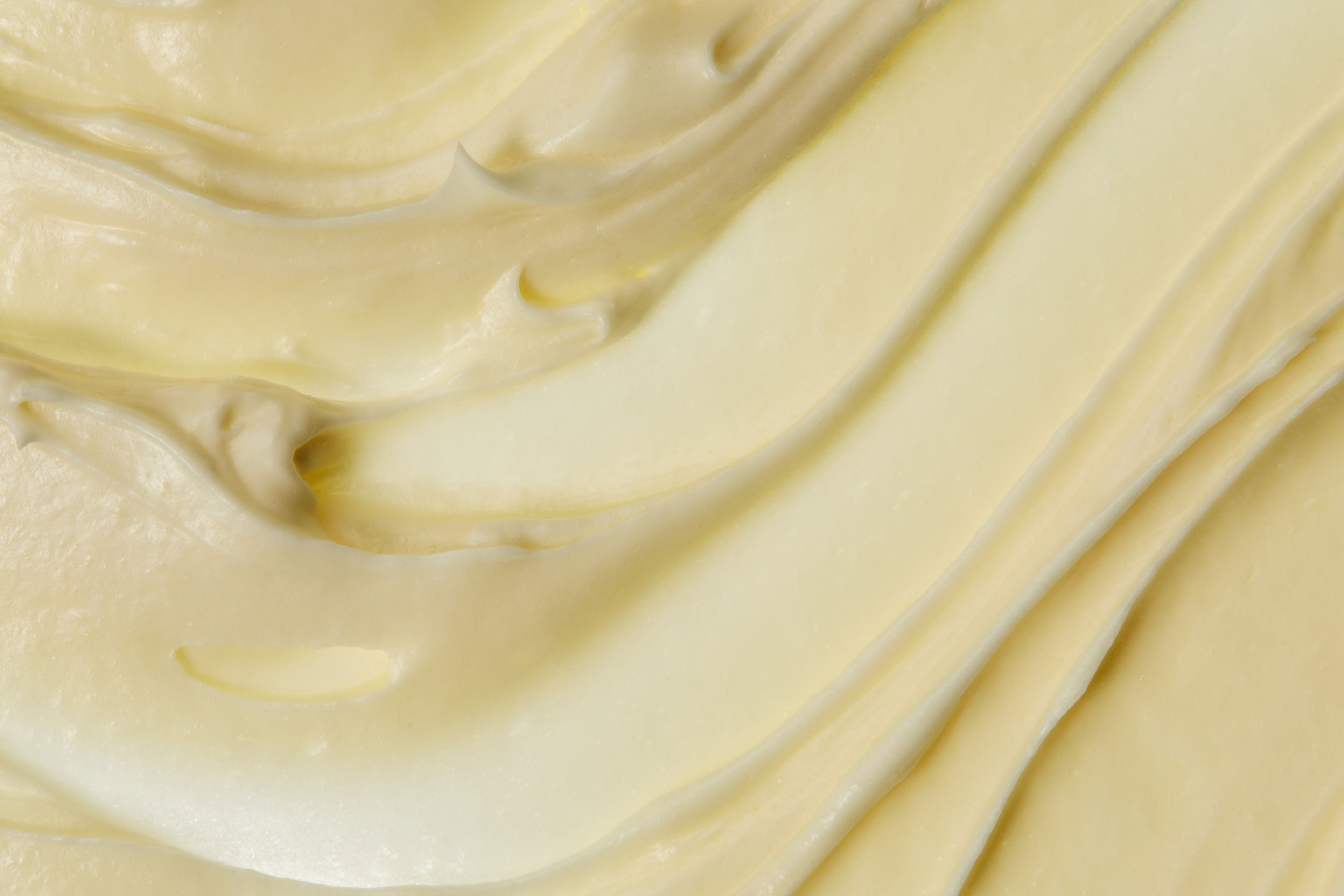
•







